What Deep Breathing Does for You
Recently I came across some new papers on the benefits of deep breathing exercises.
Like this paper titled, “Physiology of long pranayamic breathing: neural respiratory elements may provide a mechanism that explains how slow deep breathing shifts the autonomic nervous system.”
(Yep, they pretty much all have long convoluted names.)
Anyway, they discuss these benefits:
Decreased oxygen consumption – You might think that deep breathing would increase oxygen consumption…and it can…it just depends on how you’re doing it. However, contrary to popular thought, a large part of health and performance has more to do with getting rid of more CO2, rather than getting more oxygen.
Decreased heart rate – A fairly obvious benefit when you’re doing some relaxing breathing.
Decreased blood pressure – You can get on meds…or maybe just breathe better. The choice is yours.
Increased theta wave amplitude – The theta brainwave is associated with deep relaxation, stronger mental imagery, access to memories, creativity and intuition. The difference between the quantity of them an amplitude, I’m not so sure about, but likely both are useful.
Increased parasympathetic activity – That’s your rest and relax system. That’s the system that modern day people tend to NOT have active much of the time leading to chronic stress, inflammation and all the problems that stem from that.
Experience of alertness and reinvigoration – Clearer thoughts and greater energy. Who doesn’t want that?
That sounds like a really good list of benefits for something that is free and easy to do.
But how many people actually consciously practice breathing exercises?
A fraction of a percent at best.
Do you want to be average…especially when average today is in bad shape in many ways?
I don’t. That’s why I do deep breathing exercises.
And I just came up with a new variation that combines the best of my #1 and #2 favorite breathing exercises for even more benefits. All those above and then some.
More studies on breathing benefits
Stress management. Sports psychology. Breath work…sounds like a wonderful combo to me!
And such was this other research paper I recently came across.
They start with “Breath control is a fundamental, learnable skill from which all other forms of psychological skills can develop through practice. Sportspersons, in particular, benefit from breath based psychological skills training, especially in the management of arousal and stress.”
I completely agree.
Breath is behind everything that we do. And when you realize that it is one of, if not THE, primary gateways to managing our state (as they put it arousal and stress), then you’d be stupid not to engage in some sort of practice.
“Breath and stress are intimately interrelated. In general all forms of stress are associated with shallow or inhibited breathing.”
In other words, how can you expect to handle stress well if you never learned how to breathe right? While some people luck into proper breathing, many people do not.
This paper summarizes six key points specifically for athletes…
- Athletes need to learn to practice diaphragmatic breathing regularly specifically in their sport context.
- Athletes need to practice longer out-breaths to relax.
- Athletes need to practice longer in-breaths to increase arousal.
- Athletes need to practice conscious four-stage breathing for energy and concentration.
- Breath coordinated sporting movements can be combined with visualization and other psychological skills to further increase performance.
- Breath practice promotes health, decreases illness which in turn will support the sport and life.
That sounds like a good plan to me.
And that is why I’m continually working on breathing practices over the many years since I first did a conscious deep breath (which, sadly, was in my late teens!)
Earlier I’ve covered lots of breathing exercises as can be found inside of Upgrade Your Breath.
One breathing exercise. Practice it for five to ten minutes a day and see just how much your performance, your stress, your life changes.

